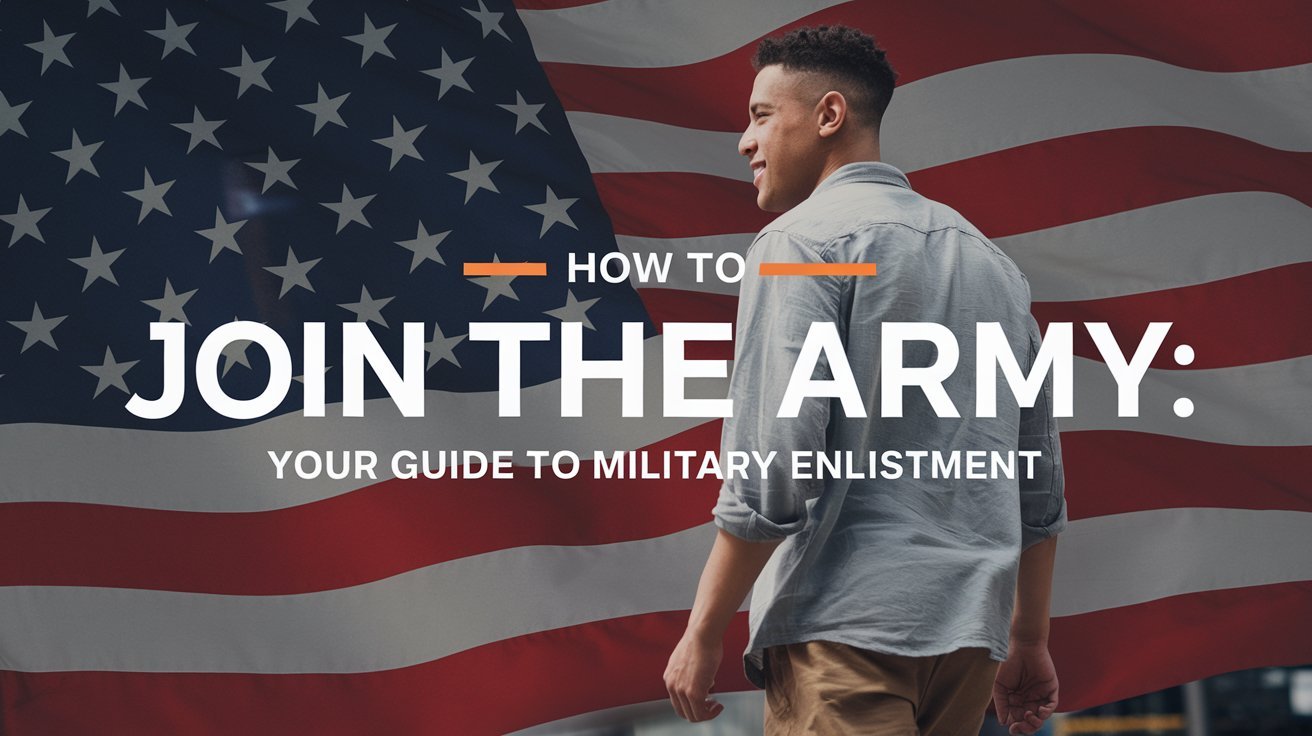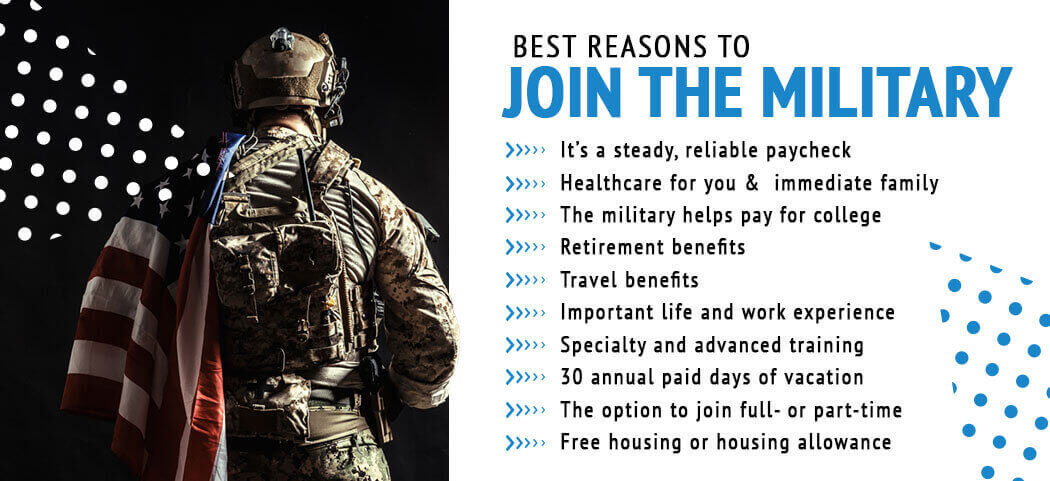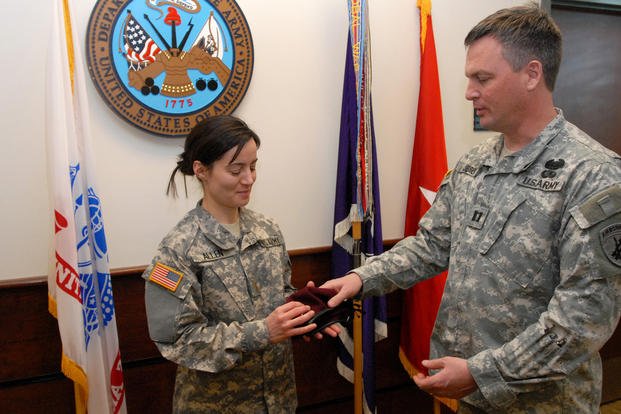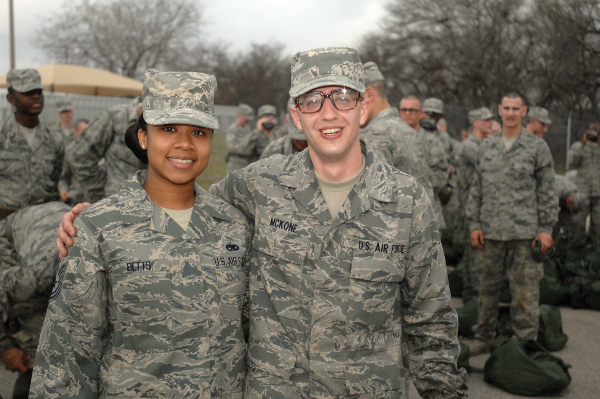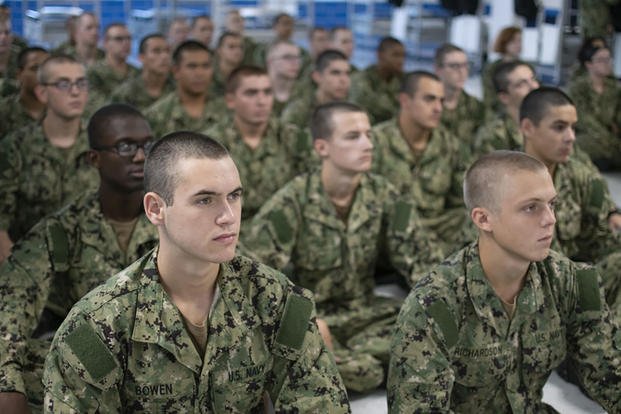Can I Join The Military At 30

For many, the call to serve in the armed forces is a lifelong aspiration. But life often takes unexpected turns, leaving some wondering if they've missed their opportunity. Can an individual join the military at 30? The answer, while nuanced, is generally yes, but with certain stipulations.
This article will explore the age requirements for enlisting in the U.S. military, the waivers available, and the potential benefits and challenges faced by older recruits. We will examine official regulations, data, and perspectives to provide a comprehensive overview for those considering military service later in life.
Understanding Age Limits Across Branches
Each branch of the U.S. military sets its own age limits for initial enlistment. Generally, the Army and Navy allow enlistment up to age 35, while the Air Force allows enlistment up to age 39. The Marine Corps typically has the strictest age limit, usually set at 28, and the Coast Guard is generally age 31.
These are the maximum ages at which someone can begin the enlistment process, not necessarily the age at which they must be finished with basic training. It's crucial to check the specific requirements and any recent policy updates directly with a recruiter from the desired branch.
The Waiver Process: An Opportunity for Older Applicants
Despite the published age limits, waivers are often available for otherwise qualified candidates who exceed the maximum age. The possibility of obtaining a waiver depends on several factors.
These factors include the needs of the specific branch, the applicant's qualifications, prior military experience (if any), and overall physical and mental fitness. The process involves submitting a formal request along with supporting documentation, which is then reviewed on a case-by-case basis.
Waivers are more likely to be granted to individuals with highly sought-after skills or those with prior military experience who are seeking to re-enlist. For example, a 32-year-old with a background in cybersecurity might have a better chance of obtaining a waiver than someone with no specialized skills.
Benefits and Challenges of Joining Later in Life
Enlisting at 30 presents a unique set of benefits and challenges. Older recruits often bring valuable life experience, maturity, and a stronger sense of purpose to their service.
They may have a clearer understanding of their career goals and a greater commitment to completing their military obligations. Their life experiences may also make them better leaders and mentors for younger recruits.
However, older recruits may also face physical challenges. The rigors of basic training and military life can be demanding, and older individuals may need to work harder to maintain the required levels of fitness.
Furthermore, adjusting to the hierarchical structure and lifestyle of the military can be more difficult for someone who has already established a civilian career and independent life. Family responsibilities and existing financial obligations can also create additional stressors.
Factors to Consider Before Enlisting
Before pursuing military service at 30, potential recruits should carefully consider several factors. A thorough physical examination is essential to assess their suitability for the physical demands of military training and service.
Financial planning is also crucial. Enlistees should understand the pay scale, benefits, and potential impact on their existing financial obligations. Family considerations are also important.
Spouses and children will be significantly affected by a service member's deployment and potential relocation. Open communication and family support are essential for a successful transition.
The Impact on Military Readiness and Diversity
Allowing older recruits to join the military can have a positive impact on military readiness and diversity. Skilled individuals with valuable experience can fill critical roles and contribute to the overall strength of the armed forces.
The military benefits from the diversity of perspectives and experiences that older recruits bring. This can improve problem-solving, innovation, and cultural understanding within military units.
Seeking Guidance and Resources
For those interested in exploring military service at 30, seeking guidance from experienced professionals is highly recommended. Talking to military recruiters is a crucial first step. Recruiters can provide detailed information about eligibility requirements, waiver processes, and career opportunities within each branch.
The Department of Defense and individual branch websites offer a wealth of information on military careers, benefits, and requirements. Additionally, connecting with veterans and current service members can provide valuable insights into the realities of military life.
"Serving in the military is a significant commitment, regardless of age," says Sergeant Major Johnson, a recruiter with 15 years of experience. "We encourage potential recruits to research thoroughly, ask questions, and make an informed decision that is right for them and their families."
Conclusion
Joining the military at 30 is indeed possible, though it requires careful consideration, proper planning, and often, obtaining a waiver. While there are challenges, the benefits of service, combined with the valuable experience older recruits bring, can make it a rewarding path. By understanding the requirements, seeking guidance, and preparing thoroughly, individuals in their 30s can successfully pursue their aspirations of serving in the U.S. military.
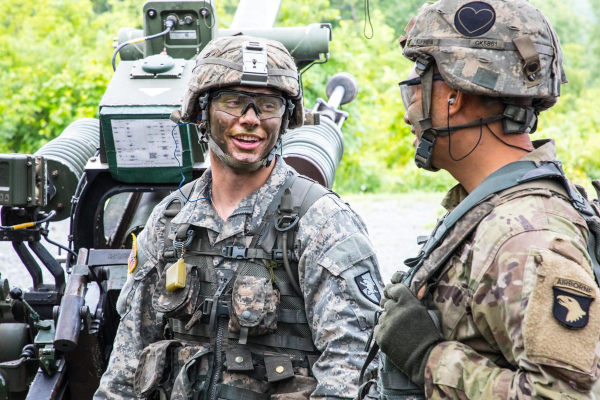

![Can I Join The Military At 30 Military Jobs: A List of ALL 531 Jobs In The US Military [Updated 2023]](https://www.operationmilitarykids.org/wp-content/uploads/2019/09/Military-Non-Citizen.png)
